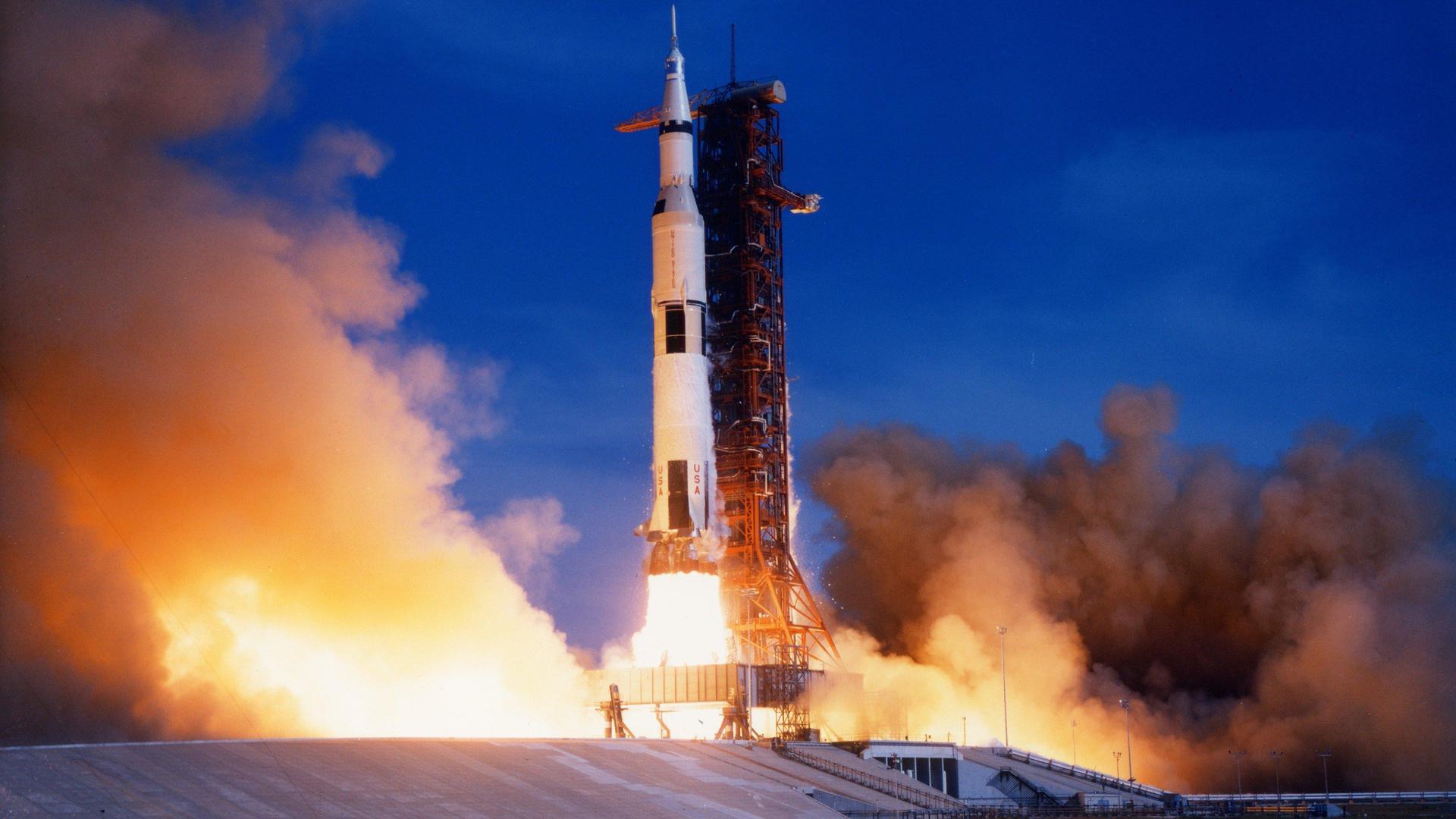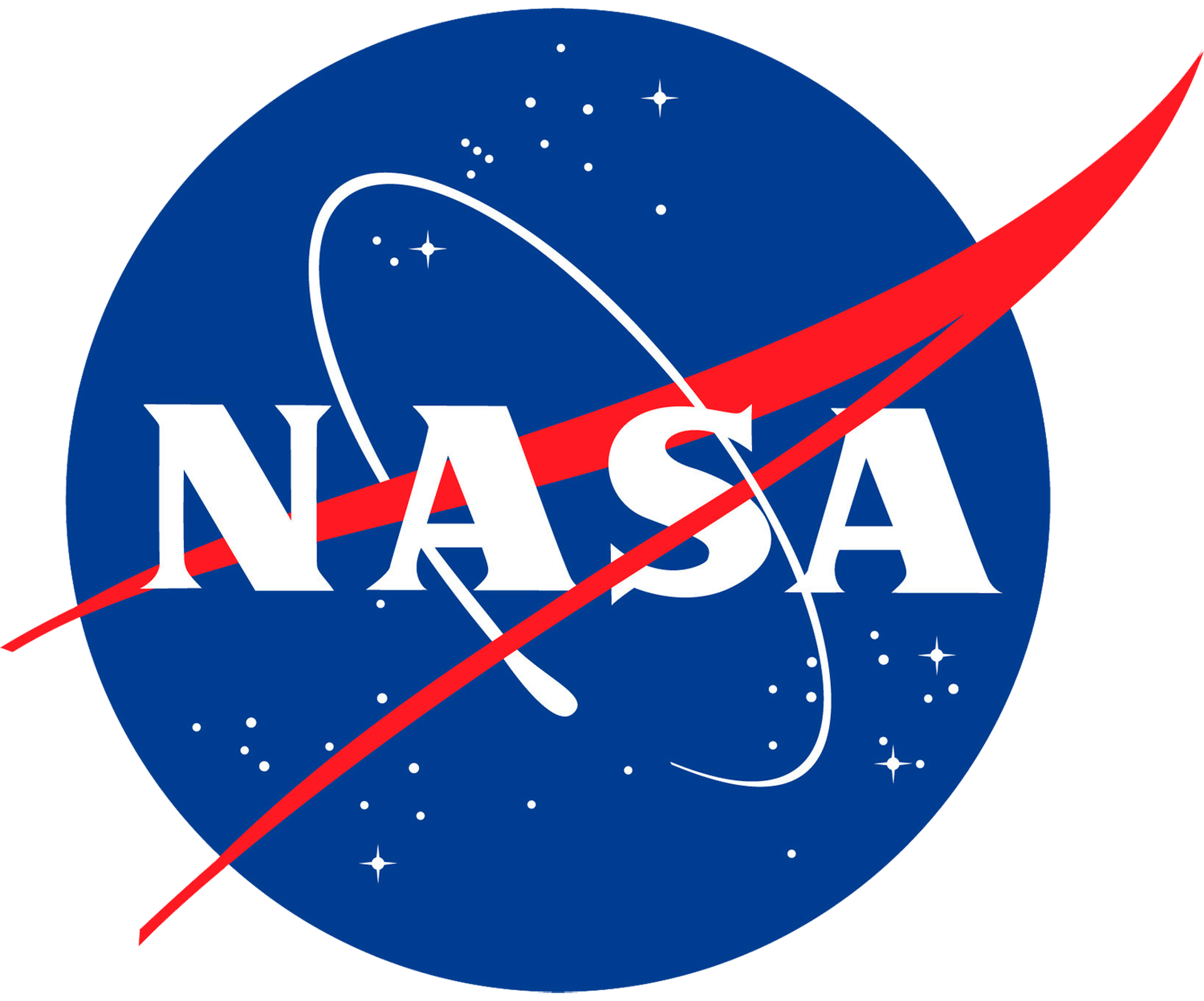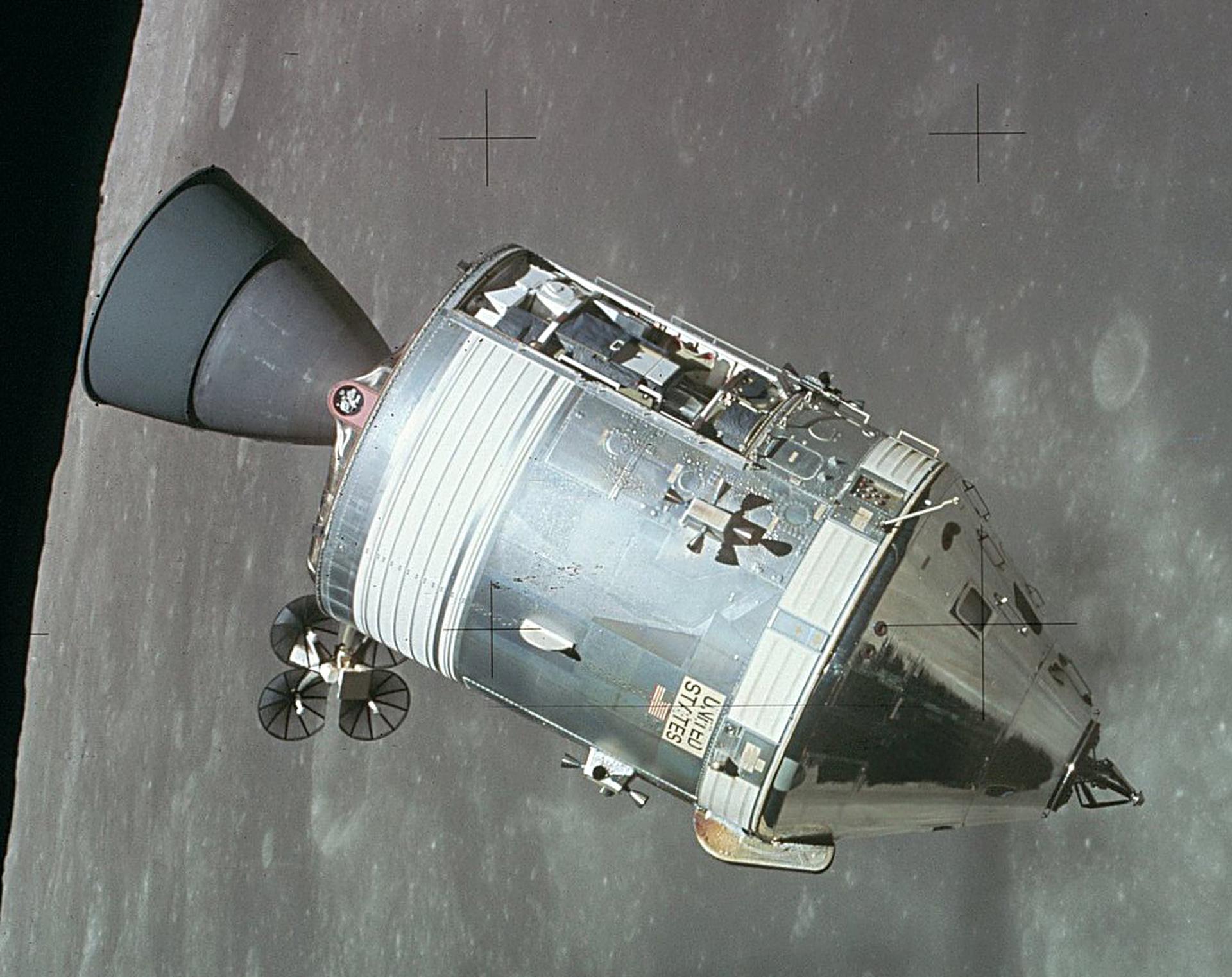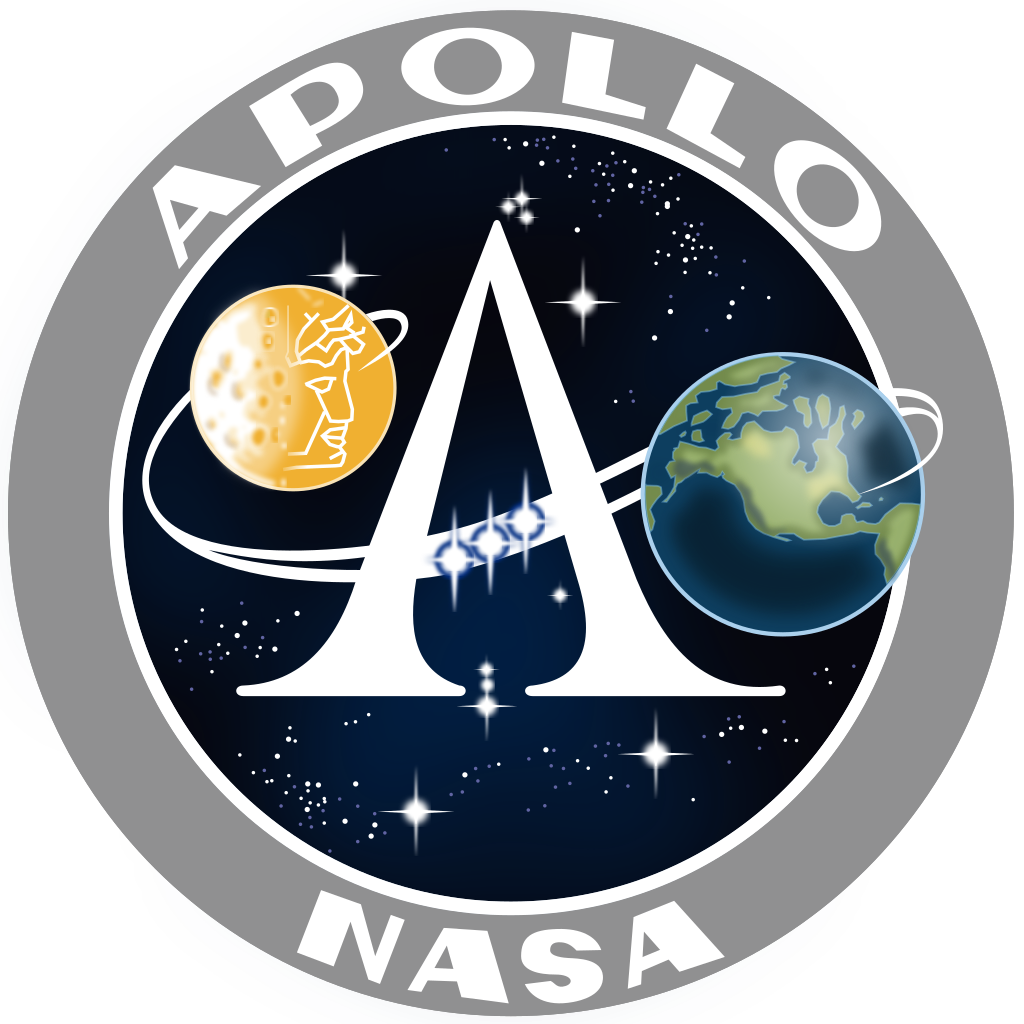Saturn V | Apollo 4
Launch Complex 39A
Kennedy Space Center, FL, USA
T?
--
Days
:
--
Hours
:
--
Mins
:
--
Secs
Date Loading...
National Aeronautics and Space Administration
The National Aeronautics and Space Administration is an independent agency of the executive branch of the United States federal government responsible for the civilian space program, as well as aeronautics and aerospace research. NASA have many launch facilities but most are inactive. The most commonly used pad will be LC-39B at Kennedy Space Center in Florida.
Apollo 4
Apollo 4 was an "all-up" test, meaning all rocket stages and spacecraft were fully functional on the initial flight, a first for NASA. It was the first time the S-IC first stage and S-II second stage flew. It also demonstrated the S-IVB third stage's first in-flight restart. The mission used a Block I Command Service Module (CSM) modified to test several key Block II revisions, including its heat shield at simulated lunar-return velocity and angle.
Apollo CSM-017
Serial CSM-017
Launch Crew Count 0
Status Single Use
Landing Time 1967-11-09T20:37:00+0000
Saturn V
Height 110.60 Meters
Max Stages 3
Mass To GTO 0 kg
Liftoff Thrust 35100 kN
Diameter 10.10 Meters
Mass To LEO 140000 kg
Liftoff Mass 2970 Tonnes
Launch Success 12
Consecutive Success 11
Maiden Flight 1967-11-09
Launch Failures 1
Programs
Apollo
The Apollo program was the third United States human spaceflight program carried out by the National Aeronautics and Space Administration (NASA), which succeeded in landing the first humans on the Moon from 1969 to 1972.











